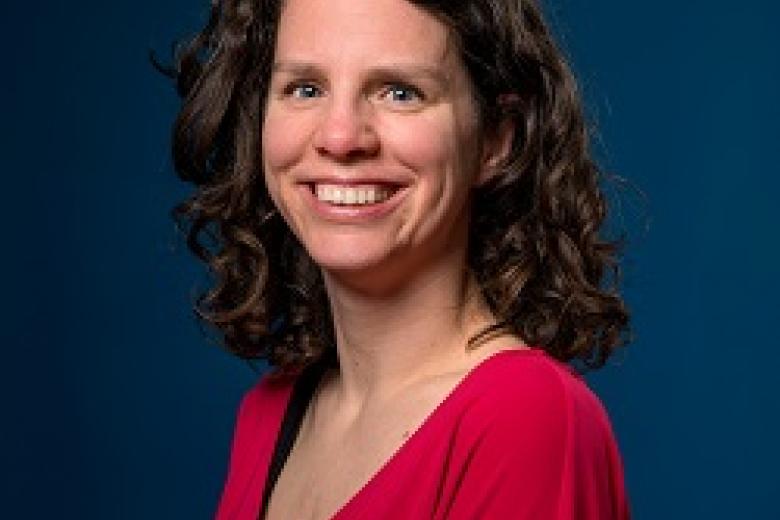Sustainable palm oil production not attractive to small-scale farmers
Sustainability certification provides little to no financial benefits for small-scale farmers on Indonesian palm oil plantations. Moreover, Western sustainability standards do not align well with Indonesian society. An important reason for this is that small-scale farmers and the Indonesian government are not sufficiently involved in the development of and compliance with Western palm oil standards. This is the conclusion drawn by Nia Kurniawati Hidayat, who will defend her dissertation on the subject next Thursday at Maastricht University (UM).
Western consumers pay more for sustainable palm oil, often thinking it contributes directly to a better life for farmers. This, however, is not the case. In fact, questions can be raised regarding the applicability of Western sustainability standards in Indonesia. Hidayat conducted extensive field research on the living and working conditions of certified and non-certified palm oil farmers. The financial advantages of certification were minimal and unpredictable. The alignment between Western standards and the lifestyles of small-scale farmers was another glaring problem. ‘Farmers have to wear safety glasses on certified plantations, but because of the damp climate, their glasses fog up continuously,’ explains Hidayat. Many farmers also lack the knowledge and ability to follow these standards.
Intermediaries
In order to meet the certification requirements of the Roundtable on Sustainable Palm Oil (RSPO), farmers have to organise themselves around a miller, who is often located far away. This is a crucial problem, as palm oil is highly perishable. Rapid trading is therefore vital and many Indonesian farmers trade their wares via intermediaries. Certification would remove the need for these intermediaries. ‘People forget that there are strong social bonds in Indonesia,’ explains Hidayat. Many Indonesian farmers have worked with their intermediaries for years. Some intermediaries even loan them money to help pay for their children’s schooling. These loans is paid out immediately, unlike other loans. All of this makes it less attractive for small-scale farmers to switch to sustainable palm oil production.
Advantages
There are certain advantages to certification. Certified farmers tend to be more organised and healthier. There is minimal use of pesticides and the climate impact of the plantation is lower. In many cases, education is offered and the infrastructure is better. Certified farmers themselves believe they are better off. According to Hidayat, the problem is informing and convincing farmers to make the switch. Her advice? ‘Involve the Indonesian government and the farmers earlier on in the process and create standards together with them. Don’t underestimate the advantages, but do understand that raising the price for consumers does not have a direct impact on the living conditions of the farmers.’
Nia Kurniawati Hidayat (Sukabumi, 1988) will defend her dissertation on Thursday 28 September at UM. Hidayat obtained a master’s degree in agrarian economics in Indonesia and has been affiliated with the International Centre for Integrated assessment and Sustainable development (ICIS) at Maastricht University. Hidayat's conferral is part of three PhD conferrals to be held this week as part of the SPIN project, a joint project by Lampung University (Indonesia) and Maastricht University on the effects of international sustainability standards.
Also read
-
PhD research shows impact of aggression on staff and patients in forensic care
Nienke Verstegen, researcher at De Forensische Zorgspecialisten, has conducted research on aggression within forensic care and its impact on patients and staff. On July 6, 2023, she will receive her PhD from Maastricht University with her dissertation ' Hurt people hurt people. Characteristics and...
-
No evidence of brain damage caused by severe COVID-19
Patients admitted to hospital due to a severe COVID-19 infection exhibit no evidence of brain damage caused by the disease. This is the conclusion of an extensive study led by Maastricht University.
-
Cold shivers?
Due to the Western lifestyle with a high fat diet combined with little exercise, more and more people in the Netherlands are overweight or even obese. This causes an increased risk of type II diabetes. What can be done about this besides a healthier lifestyle? The answer comes from an unexpected source...